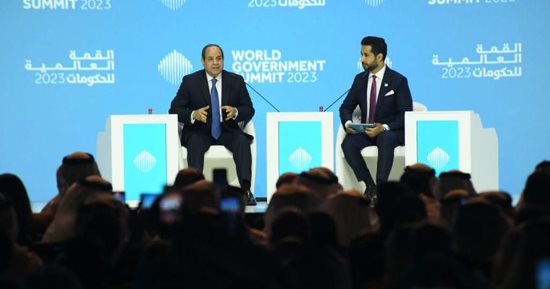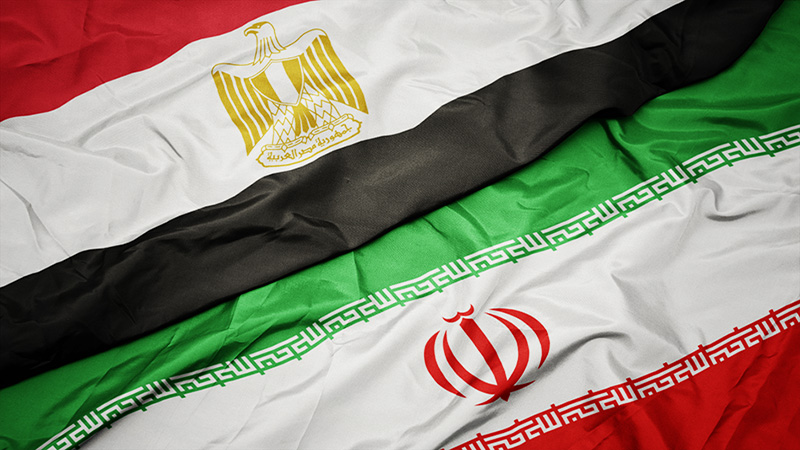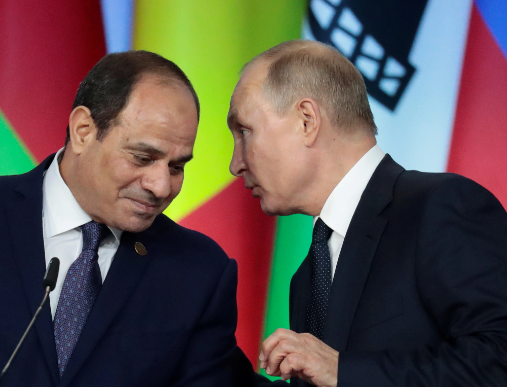Hard times are passing between Cairo and its Gulf allies on top of Egypt’s financial crisis that deepens its need for Gulf support. On the other side, the Gulf is fed up with the unconditioned grants policy it has taken heed of since 2013 to support Sisi’s regime considering Sisi’s imprudent spending on infrastructure and real estate megaprojects. Saudi writers expressed annoyance at the Egyptian attitude on Twitter, while the refusal reached the parliament in Kuwait.
In this context, Abdel Fattah al-Sisi went to Dubai to participate in the World Government Summit, an international event held by the Emirates between 13 and 15 February to discuss shaping future governments, policies and tools. In the interview with Sisi, the Egyptian general demanded the presenter, Faisal ben Heriz, to save his questions as Sisi would generally talk about the Egyptian economic experience. After thanking the Emirates for its support to Egypt, Sisi started his talk on the Egyptian experience by attributing the origins of the Egyptian crisis to the Arab Spring and the Egyptian uprising in 2011. “The first challenge was the state of dispersal, fragmentation and despair the Egyptian suffered,” adding this status was created by “some people” who wanted to dismantle the state, referring primarily to his main political adversary, the Muslim Brotherhood.
The challenges created by 2011 were the key feature Sisi used to advocate his overspending policies in Egypt over the past few years. For most experts and financial institutions, the ongoing economic crisis was the natural origin. In supporting his policies, exaggerations used to be one of the critical features of Sisi’s discourse. “A state such as Egypt needs a trillion dollars a year, that is 20 trillion pounds,” Sisi said, forgetting that the official exchange rate of USD in Egypt exceeded 30 pounds. As for the New Administrative Capital, Sisi claimed the overpopulation stimulated it in the Nile Valley and the high demand for residences. The NAC is the most controversial among Sisi’s projects, costing USD 59 billion. With deluxe apartments, palaces, and monumental buildings, including the highest tower in Africa, The Iconic Tower, and the hugest mosque and church, the new city was a luxury extravagant mega compound for Sisi and his entourage of senior officials and prominent business people, financed with public money.
The speech was an attempt to remind the Gulf of the service Sisi presented with the military coup that stopped the Arab Spring, which Sisi described as “complete chaos.” Simultaneously, advocating his capital-consuming megaprojects and the military overinvolvement in business turned to obsessions in Sisi’s discourse, especially after the criticism of his policies came from the International Monetary Fund, not only the domestic dissidence. In the opening of the second phase of a military-owned factory in Sadat City on February 9, Sisi asked the chairman of the factory, general Walid Abul Majd, on-air if they are paying off the cost of electricity, water and other services presented by the state as well as the taxes. Abul Majd confirmed they did, and Sisi considered the answer evidence for free competency in the Egyptian market and healthy military engagement in the business. But what was ignored here is that the market distortions created by the army’s conversion into a business competitor are much more dangerous than paying off taxes and service bills. The Gulf support for Sisi seems to be conditioned now by Egypt’s abandonment of profitable assets and state-owned enterprises. The question is where the relationship could arrive after the total divestment of such rewards for financial support.





Recent Comments